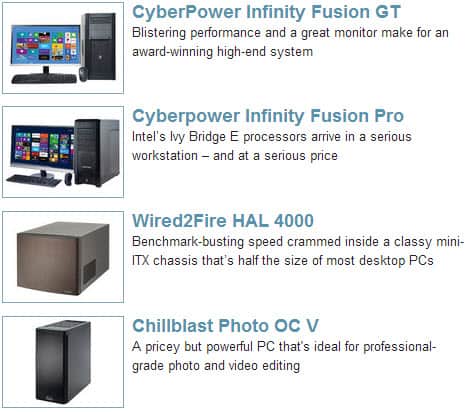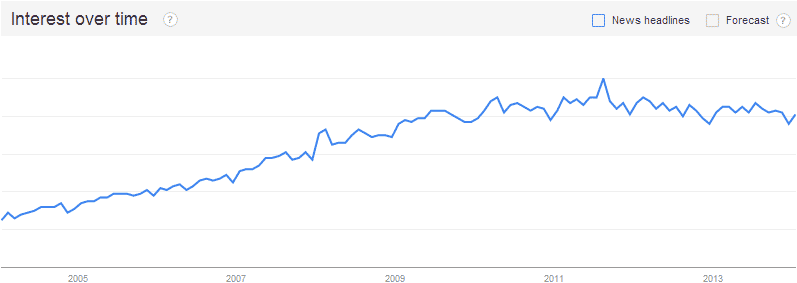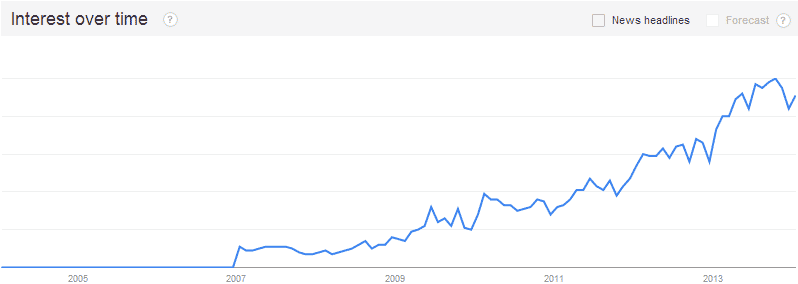An enormous amount of time is usually spent naming a product or service, but is this necessary or justified?
Conventional marketing thinking certainly thinks so, but I’m starting to think that this may not matter as much as it once did.
There are the obvious blunders to avoid – names that are too easily mispronounced, misspelt, have sexual connotations or mean something else in other languages. Yet aside from the obvious hurdles to avoid, many products nowadays seem to grow into their often relatively uninspiring names, in the same way that most children make their names appear to mould perfectly around their personality. “She is SUCH an Aubergine.”
Looking back at childhood sweets and chocolates here in the UK, they seemed to have better thought-out and evocative names: Mars bars, Juicy Fruit Chewing Gum, Refreshers, Double Dip, Flying Saucers, Flumps and more. All mouth-wateringly inviting and compelling to the young (then) cavity-free child of the 70s. And they were bigger than they are today too.
Today’s sweets not only avoid quite so many brazenly toxic chemicals, but also seem to have less inspiring names like Soft Eating Liquorice, Gummy Pizza, Fruit Chew, Candy Cones, Pink Pigs, Bubbly, Apple Belts, Gum Sticks, Star Mix and more.
Maybe it’s just me, but todays don’t seem as inviting or as evocative as they used to. Back in the 70s Mars Bars were huge, thick and gloriously heavy – so you can see why they were named after the second smallest planet in the solar system…
It might just be that todays names are targeting a very different audience than me. Or it might be that todays brands grow into their names and transform them into something with a life of their own.
The first real smartphone (arguably) was from BlackBerry, which was then more or less destroyed by Apple. Neither of which should win any awards for their brilliance in naming, yet both have transformed and more or less taken over the once-dominant contexts of fruit.
PC manufacturers seem more excited by acronyms and numbers than resonant names, while Apple seem to have carved out their own direction. Macbook Air and Mac Pro are cool, self-assured and consistent. They’re also significantly different from Dell’s Optiplex, Inspiron, XPS and Precision ranges.
But does it matter?
The HTC One is essentially an extremely uninspiring name for an incredibly popular phone. Would it have fared any better (or worse) had it been been named Clarity, Connected or Helium? (If the latter is used by Apple for the next release of their MacBook or iPad, remember you read it first here.)
And it’s not just electronic devices that are affected.
The SEO industry has managed to gain the most horrendous reputation over the last ten years. Many people continue to believe that SEO is dying, but I don’t. And the figures from Google Trends suggest that it’s not yet time to write to eulogy:
Yet many companies selling SEO products and services now choose to label their discipline as the relatively new and untainted inbound marketing. And it’s taking off:
Does it matter what you call your next product as long as it’s memorable and easy to spell?
Consider some of the dominant names and brands of today: Twitter, Facebook, HSBC, Nike, Tesco, Boeing, Wal-Mart, Cadburys, Phillips, Sony, Ford, Verizon and hundreds more.
Few of these names mean anything beyond their associations, yet most have become household names and truly integrated into what they do, what they make and what they are known for.
So next time you get stuck on the name for your new book, application, course, system, song or any kind of product, it might make a lot more sense to grab at the first thing that springs to mind, carry out some basic research and just run with it. Terms and conditions may apply, but you hopefully get my point.
Unique ideas for your business
The Demystifier puts practical ideas into your hands. You won't find them elsewhere. Original, actionable and insanely effective.






